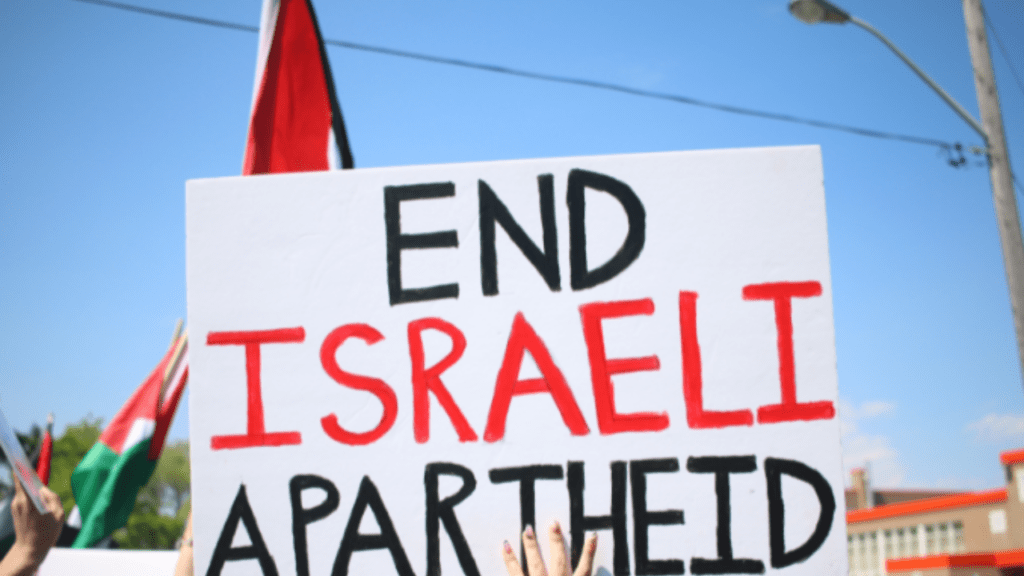Minister Benny Gantz of the Israel National Unity Party stressed that the release of 150 Palestinian inmates and a four-day cease-fire would be exchanged for the return of more than fifty hostages held in Gaza. He considered it to be a “moral imperative,” crucial to Israel’s military prowess.

I spoke with law professor Robert Mnookin, author of ‘Bargaining with the Devil: When to Negotiate, When to Fight,’ who released his book in 2010, to better understand the challenges and difficulties facing Israel.
Table of Contents
Assessing Risks Israel Dilemma in Negotiating with Hamas
But there’s a problem. Would talks with Hamas, which Israel considers to be a terrorist organization, set an unsafe precedent? Could it incite opponents to use hostage-taking as a tactic? Does Israel seem to be capitulating to an enemy it seeks to destroy by suspending its war with Hamas? Does Israel risk liberating violent inmates by releasing three Palestinian detainees for every hostage returned.
Navigating Tense Crossroads Insights from Robert Mnookin on Israel Negotiation Challenges
Before the agreement was announced on Tuesday, Israeli and US negotiators had to contend with these extreme tensions. These conundrums were clarified by Robert Mnookin, the head of the Harvard Negotiation Project and an authority in negotiation techniques.
Complex Choices in Negotiations: Balancing Hope and Uncertainty in Israel’s Rescue Efforts”
Heartbreaking decisions were made throughout the negotiations. Although the release of women and children is encouraging, it is yet unknown exactly how many people Israel has rescued. According to reports, a large number of violent crimes involve kids.

We talked about the political pressure on Israel to make a deal, the significance of national and religious values in hostage talks, and the idea that, in certain cases, the least worst option is the best option in a no-win scenario.
It is important to develop a theoretical framework for negotiating with terrorist foes before going into the details of this particular hostage swap. What factors should any authority take into account before speaking with kidnappers?
That agreement has serious problems in it. It was extremely expensive, which created an unsettling precedent. Furthermore, because the Israeli government only engaged in negotiations with Hamas and denied the Palestinian Authority any credit, it strengthened Hamas while undermining the Palestinian Authority. Moreover, several of the individuals who were freed now seem to be Hamas leaders.
Is it still reasonable to assume that they will keep their end of the bargain? Negotiation skills of kidnappers are not well-known for being reliable.
Evolving Perspectives: The Shift in U.S. Stance on Negotiating with Terrorists
A further important consideration is the example that being open to negotiation sets. Although it occasionally deviated from this position, the United States for years avoided engaging in negotiations with terrorists in exchange for the release of kidnapped victims. The U.S. stance changed as a result of discussions and ransom payments made by European countries to terrorist organizations.

Even in the case of unfair hostage exchanges, Israel’s national ethos places a higher priority on defending its citizens and sending its soldiers home. Do negotiation specialists think these emotional goals, which are in line with national unity or religious values, are illogical?
I’m hesitant to call it unreasonable because these acts uphold and represent important principles. Israel has a well rooted history that guides its vow to never abandon a soldier. This mindset was maintained by the Shalit pact, in spite of its flaws, given Israel’s army that almost all of its residents serve in.


1 thought on “Hamas is designated as a terrorist organization by Israel, the United States, the European Union, Canada, and several other countries.”